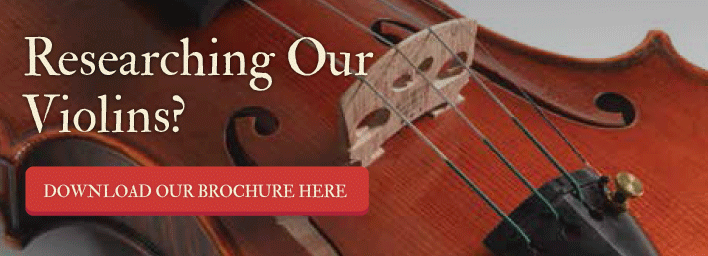How To Write Your Press Release And Bio

Until you become world famous – and sometimes, even then – you’ll start as your own Public Relations agent. This means that in addition to maintaining digital marketing materials (website, social media accounts, YouTube channel, etc.), you’ll also need to create press releases and bios for upcoming concerts, engagements, and album releases.
Both of these promotional tools utilize formulaic formats, and it’s up to you to spice up the formulas and with just enough personal pizazz to impact your potential audience. Your first audience, however, is the media outlet utilizing the press release or bio. Thus, they are the first level of reader you want to impress.
Writing an Engaging Press Release
The ultimate goal of a press release is to provide a general (it shouldn’t be personalized) but interesting summary of the four “Ws” of journalism (who, what, when, where), along with captivating reasons why your event matters to an audience. It requires a certain amount of finesse to accomplish that without being too-self-serving and in a way that stands out from the rest.
As a musician, you have something on your side – all of the people out there looking for live music gigs and who already appreciate your musical genre/style. Your press release is the means to their finding your next public appearance – or checking out your new album, single release, video, etc.
The basic outline of a press release includes:
- Title
- Body (roughly 300 to 400 words), comprised of three to four paragraphs
- Some quotes from people who matter or are known, if possible.
Every music press release should contain the following…
Here are the things you need to include in your press release (also called media release, news release or press statement):
- A Catchy Title (one that instantly conveys what you’re doing).
- Find a hook. What’s unique about your upcoming event – are you contrasting the music of Mozart and how it relates to current hip hop themes? Is your performance using period instruments? Is it a benefit concert? Think about the theme(s) that inspire the event and convey those in the release.
- Concert details. The name of the event, the name and location of the venue, the names/instruments/concise tidbits about others who will be performing.
- Music genre/info. Again, the genre of music you’ll perform will automatically engage those who are interested in that type of music.
- Ticketing details. This includes pricing and purchase locations (do consider senior/student pricing to make the event more accessible to a wider audience).
- Relevant quotes. Adding a few good quotes is recommended form in a press release. If you happen to have a quote about you/your music/the event from a recognizable figure – lucky you. In most cases, these quotes come from other artists, yourself, a manager, a knowledgeable critic, etc.
- Image. Attach a high-quality, professional publicity image. Visual representation is SO important and will up your chances of having your release mentioned on media outlets.
- Website info. If you have a website, include the URL so people can click-thru and learn more about you and your event. If not, include another relevant URL such as your YouTube channel or Instagram account.
- Contact information.
Just as practice makes perfect in the string musician world, practice makes perfect when it comes to the art of writing a great press release. If you’re stuck, search online for professional press release writers; paying to have one or two press releases written for you may be well worth the investment because you can use them as references to craft your own press releases in the future.
Writing a compelling bio
When writing a great bio, it’s wise to learn what NOT to do and work from there. Your bio should not:
- Serve as an autobiographical essay or the intro to your memoirs
- Ramble
- Be overly boastful
Your bio should:
- Be the appropriate length. There are two types of bios – short-form are 250 - 350 words, long-form are 500-words on average and never longer than 750 words. Prepare one of each, so you have them immediately available upon request.
- Be written in the third-person. Use he/she/they, rather than I/you/we.
- Give an interesting synopsis of your music/sound/affects it has on people. Professional music consultant Julia L. Rogers recommends using fun surveys on your social media accounts to find out how fans would describe you and the effect your music has on their lives. From this, you can create a 5 – 10-word “mission statement” that sums up you/your music’s sound and qualities. Always lists major accomplishments and awards.
- Include minimal background info. If you are a prodigy, it makes sense to list notable awards, influential teachers, your stint at Julliard, etc. Otherwise, minimal historical information is best – unless it’s ultra-unique, compelling, and related to your music.
- Be interesting. Use interesting/unique personal experiences, anecdotes, or facts that pertain to your musical career.
- Be updated regularly.
One of the best things you can do to research writing a bio is to peruse your favorite artists’ bios. You’ll learn what you like and what you don’t, to inspire your bios accordingly.
The combination of well-written press releases and a compelling bio will help you attract and expand your audience and follower network.


